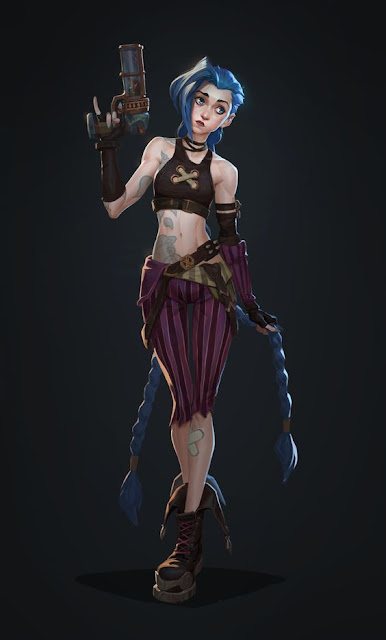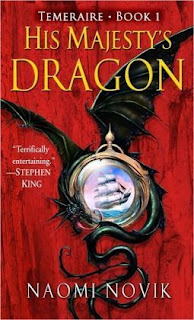 |
| YUMESHIP: Photo A Vampire Knight [ヴァンパイア 騎士] |
Welcome to the Sup!
It's time again to explore our awesome backlist and I'm so glad you have joined our troupe of merry readers!
Today we are sharing another post by the bestselling author Margaret Ronald. Her thoughts on world building from May 20, 2011 are insightful for both readers and writers alike.
Come along with us to discover the effects of adding magic to a world!
* * *
In What World...
...WORDS (have) become a sort of shorthand for setting up drama. And for me, they sum up one of the things I love about writing: finding that "in a world" moment and drawing it out into a real, complicated situation.
Say you have a fairly normal setting, only with magic/mythical creatures/mutant superpowers. (In a world where vampires roam the night...in a world where deities lurk in back alleys...) Said powers can range from outright awesome (immortality! control over electricity! telekinesis!) to just above mundane (control over all shrimp no longer than one inch! olfactory invulnerability! keeping a fridge permanently clean!). The first and most important question then becomes "why aren't these magicians/vampires/mutants in charge of everything?"
One answer is "they are, we just don't know it." Okay, then. How much energy does it take to hide something that big? And why not rule openly? Or perhaps in this world, they are already visibly in charge of everything. That's going to make a lot of changes in the governance of this world, possibly even down to who's still considered a person. If vampires are in charge, are humans cattle? If magicians rule, where's the check on their power?
There are lots of fun ways to play with this character by character -- say, Mr. Electricity above can only exert his power at great personal cost, and so lives off the grid, away from civilization. Or maybe the fridge-cleaning guy works in a sterile lab, and so that just makes his life a little easier. But on a larger scale, the effects of adding magic to a world are a lot more pernicious... Read the rest of the post.
Read more about Margaret Ronald here!
And, her awesome books.















